Still Mink
Member
1,163 posts
2,853
Seen 15th August 2023
10th May 2019, 10:04 PM
Alternate HIstory: The Grand Duchy of New Prussia

History:
After the dissolution of the United States of America in the loss of the War of 1812 (and keeping the Articles of Confederation), Pennsylvania broke off and became its own republic. Britain had tried to reincorporate them, but with the help of the other free states, Pennsylvania resisted their rule successfully. The war against the British created an Anti-British sentiment within Pennsylvania. Over the years, especially with the rise of Prussian immigration to Pennsylvania, more German traditions became more prominent than English ones. German started to be taught across schools in Pennsylvania. Eventually, Prussian-Americans started to hold political positions in Pennsylvania. By 1838, Pennsylvania officially decided to "germanize" the nation.
The Rise of New Prussia
Pennsylvania had been named after William Penn, who was an englishman. The capital, "Harrisburg," was also named after the John Harris Sr., who was British. As such, in order to "germanize" the nation, some cities would need renaming, and the name of the country too. The nation renamed itself "New Prussia" in 1839, and "Harrisburg" to Streubenburg after Baron Von Streuben, who was a notable german that fought in the American Revolution. Frederick William IV noticed these changes and frequently visited New Prussia and preached conservative and absolute orthodox values, as well as monarchism. New Prussia was eventually influenced into reforming its constitution and becoming a Grand Duchy.
Expansion
New Prussia fought two wars for its expansion. First was the Prussian-Virginian war in 1856 over control of the Delmarva Peninsula. Prussia proper had sent volunteers to help New Prussia in its war against Virginia, which had helped greatly in the war. The Virginians had amassed an army of 80,000 men against New Prussia's 75,000. Despite being fewer in number, New Prussia strategically out-matched the Virginians, encircling Richmond by 1857. Pennsylvania promptly annexed the entirety of the Peninsula.
In 1873, New Prussia looked to get some historically owned Pennsylvanian territory which at the time was owned by the New England Commonwealth. The King had tried to get Canada's support, promising them all of Maine for their service. Canada accepted and amassed 12,000 of their own soldiers on the Maine border. War promptly began in 1874. New England was not that ready for war, and by 1875, had sued for peace. Canada annexed all the Maine, and Pennsylvania its former territory in New York and Southern New Jersey, also establishing a colony in Long Island.
The Great Depression and Revolution
New Prussia had stayed neutral in the World Wars. It had repaired its relations with neighbors overtime. Not many events had happened up until 1935, when the Communist Revolution had occurred. The Great Depression had impacted New Prussia hard, leading to communist sympathies. The communists had spread throughout Western New Prussia and by 1936, war began.
Revolution
The Communists and the Government had dug up trenches in Central New Prussia, leading to very little movement between the two sides. The Empire of Virginia tried to take advantage of this and invade the Delmarva peninsula. This caused both sides to put down their arms and focus on defending New Prussia against the ever expanding militaristic Virginian Empire.
World War 2
New Prussia focused most of its forces on fighting back Virginia. Although Virginia were making massive gains in the South, New Prussia were able to push back in the Second Battle of Pittsburgh. The war ended in 1945, with the New Prussian victory. Virginia became a republic again, however, the fighting wasn't over yet.
Finishing the Revolution
The monarchist government did a surprise attack on the communists, beginning a push into reoccupation of Western New Prussia. A lot of the popular communists in New Prussia had died in World War 2, and could not make enough of an effort to continue their cause. The Revolution ended in 1947 with a New Prussian victory.
50s to Today
New Prussia and many other American nations had suffered immensely after World War 2. As such, New Prussia and Virginia formed the American Union as a model of the European Union. New England, Florida, and Canada soon after joined the American Union. The continent now lives in relative peace and continue to grow to this day.

History:
After the dissolution of the United States of America in the loss of the War of 1812 (and keeping the Articles of Confederation), Pennsylvania broke off and became its own republic. Britain had tried to reincorporate them, but with the help of the other free states, Pennsylvania resisted their rule successfully. The war against the British created an Anti-British sentiment within Pennsylvania. Over the years, especially with the rise of Prussian immigration to Pennsylvania, more German traditions became more prominent than English ones. German started to be taught across schools in Pennsylvania. Eventually, Prussian-Americans started to hold political positions in Pennsylvania. By 1838, Pennsylvania officially decided to "germanize" the nation.
The Rise of New Prussia
Pennsylvania had been named after William Penn, who was an englishman. The capital, "Harrisburg," was also named after the John Harris Sr., who was British. As such, in order to "germanize" the nation, some cities would need renaming, and the name of the country too. The nation renamed itself "New Prussia" in 1839, and "Harrisburg" to Streubenburg after Baron Von Streuben, who was a notable german that fought in the American Revolution. Frederick William IV noticed these changes and frequently visited New Prussia and preached conservative and absolute orthodox values, as well as monarchism. New Prussia was eventually influenced into reforming its constitution and becoming a Grand Duchy.
Expansion
New Prussia fought two wars for its expansion. First was the Prussian-Virginian war in 1856 over control of the Delmarva Peninsula. Prussia proper had sent volunteers to help New Prussia in its war against Virginia, which had helped greatly in the war. The Virginians had amassed an army of 80,000 men against New Prussia's 75,000. Despite being fewer in number, New Prussia strategically out-matched the Virginians, encircling Richmond by 1857. Pennsylvania promptly annexed the entirety of the Peninsula.
In 1873, New Prussia looked to get some historically owned Pennsylvanian territory which at the time was owned by the New England Commonwealth. The King had tried to get Canada's support, promising them all of Maine for their service. Canada accepted and amassed 12,000 of their own soldiers on the Maine border. War promptly began in 1874. New England was not that ready for war, and by 1875, had sued for peace. Canada annexed all the Maine, and Pennsylvania its former territory in New York and Southern New Jersey, also establishing a colony in Long Island.
The Great Depression and Revolution
New Prussia had stayed neutral in the World Wars. It had repaired its relations with neighbors overtime. Not many events had happened up until 1935, when the Communist Revolution had occurred. The Great Depression had impacted New Prussia hard, leading to communist sympathies. The communists had spread throughout Western New Prussia and by 1936, war began.
Revolution
The Communists and the Government had dug up trenches in Central New Prussia, leading to very little movement between the two sides. The Empire of Virginia tried to take advantage of this and invade the Delmarva peninsula. This caused both sides to put down their arms and focus on defending New Prussia against the ever expanding militaristic Virginian Empire.
World War 2
New Prussia focused most of its forces on fighting back Virginia. Although Virginia were making massive gains in the South, New Prussia were able to push back in the Second Battle of Pittsburgh. The war ended in 1945, with the New Prussian victory. Virginia became a republic again, however, the fighting wasn't over yet.
Finishing the Revolution
The monarchist government did a surprise attack on the communists, beginning a push into reoccupation of Western New Prussia. A lot of the popular communists in New Prussia had died in World War 2, and could not make enough of an effort to continue their cause. The Revolution ended in 1947 with a New Prussian victory.
50s to Today
New Prussia and many other American nations had suffered immensely after World War 2. As such, New Prussia and Virginia formed the American Union as a model of the European Union. New England, Florida, and Canada soon after joined the American Union. The continent now lives in relative peace and continue to grow to this day.








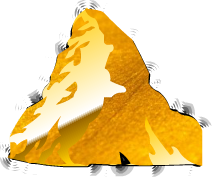



























 CrimeSolvers
CrimeSolvers 










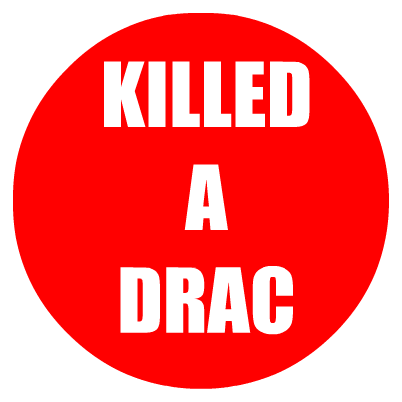


 Cortana
Cortana 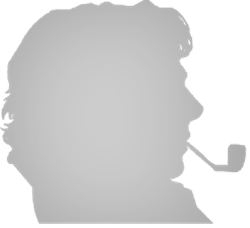
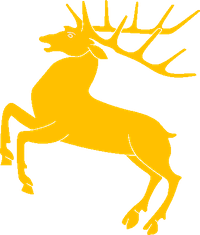 Stags
Stags 






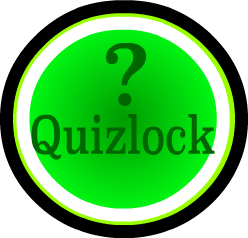
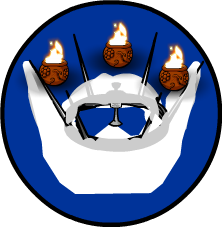







 Inferno
Inferno 













 Drake
Drake